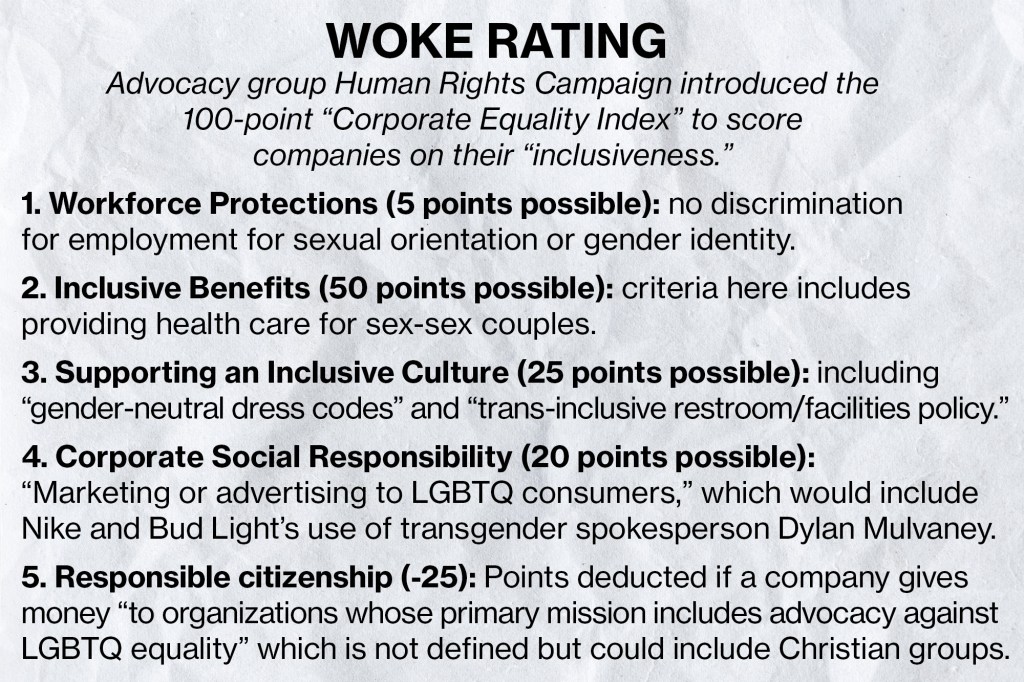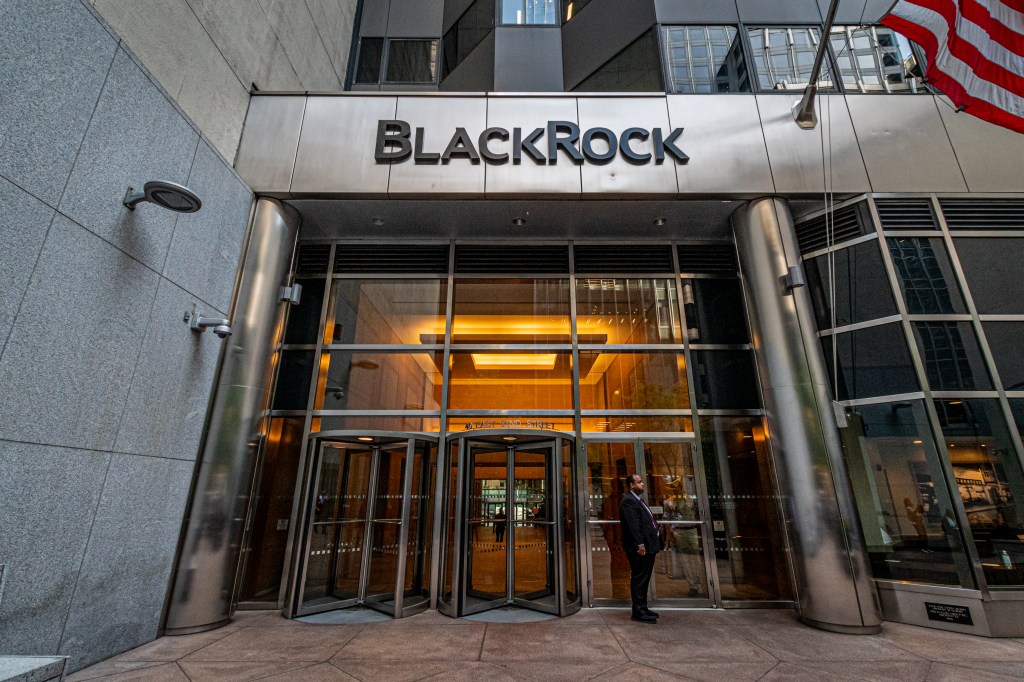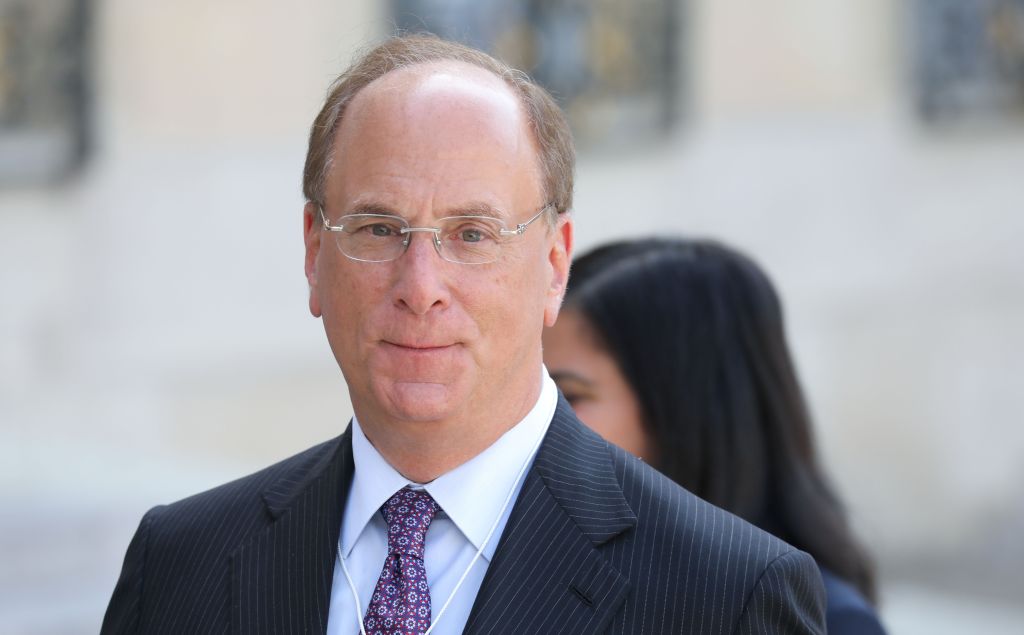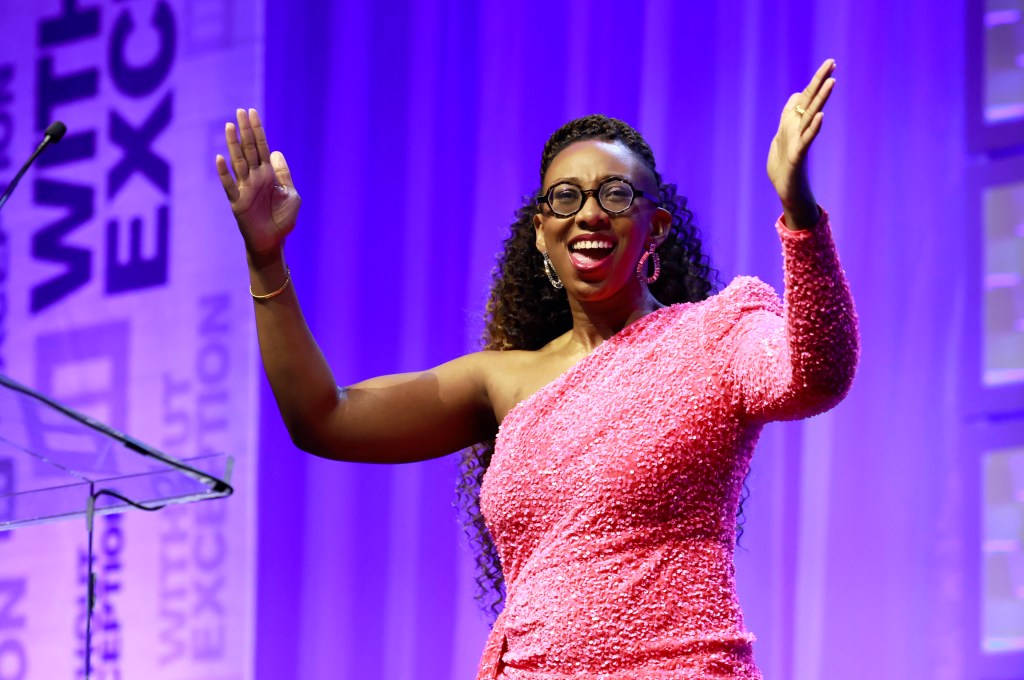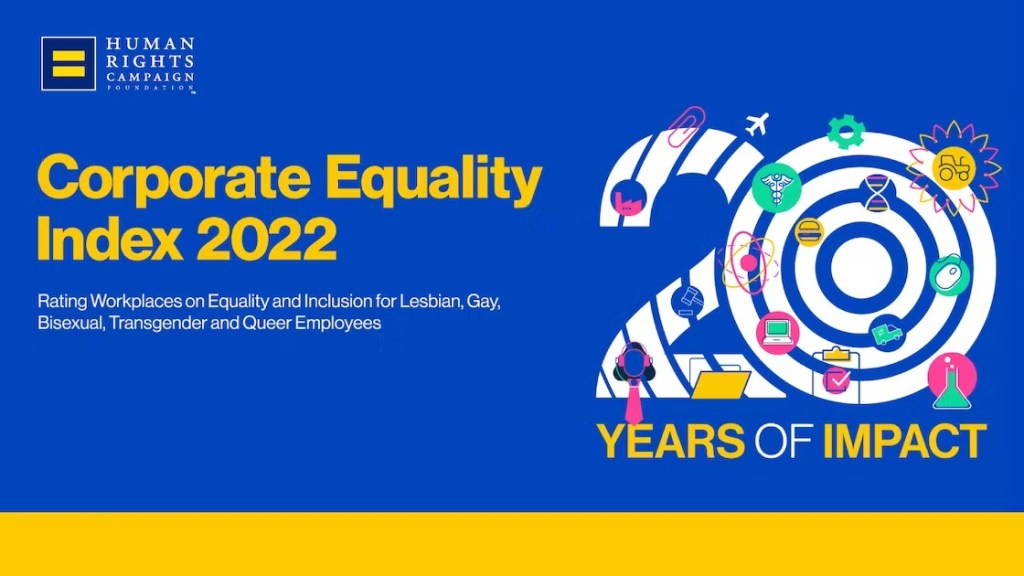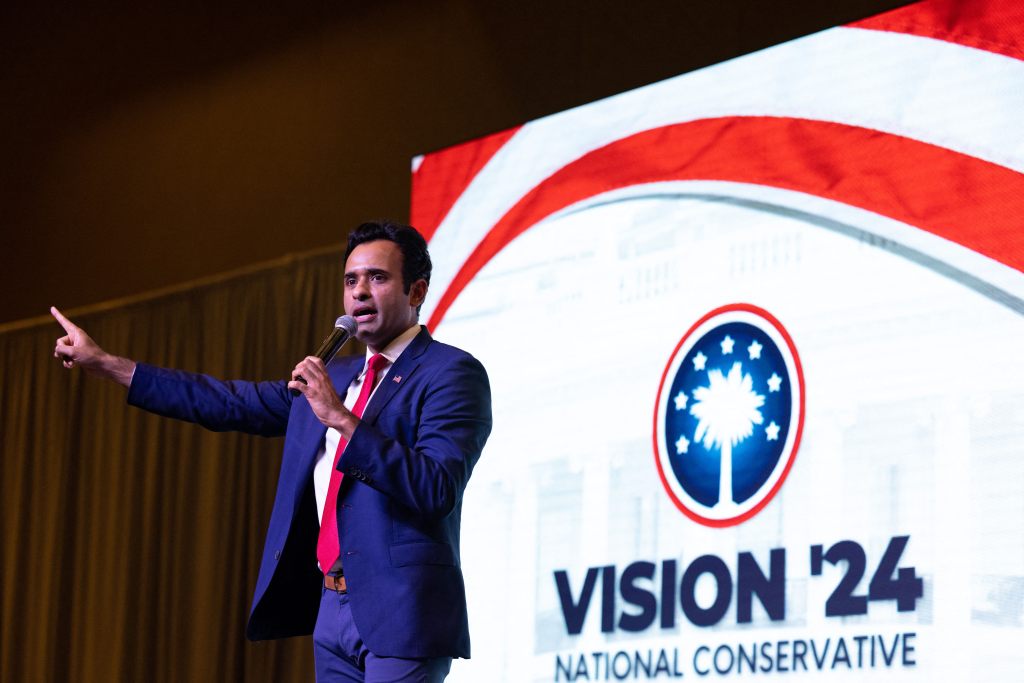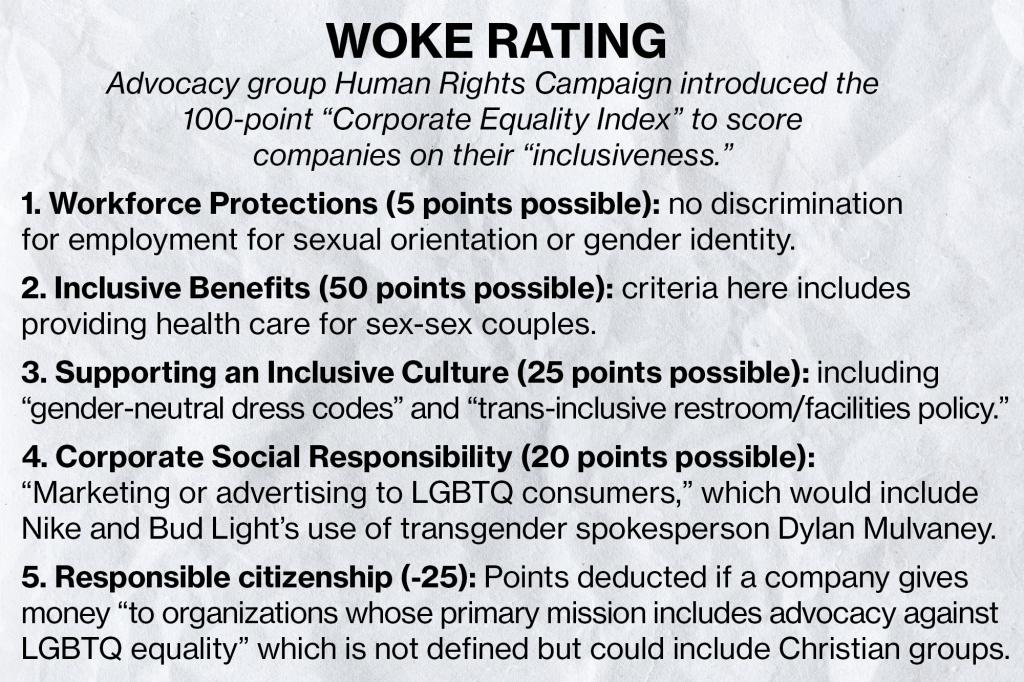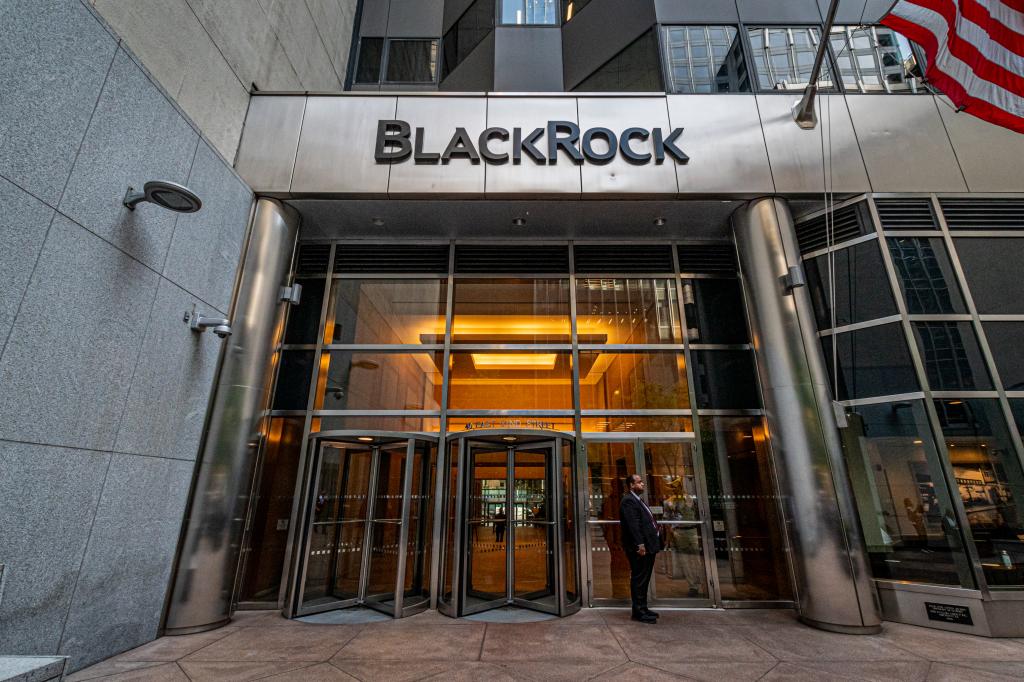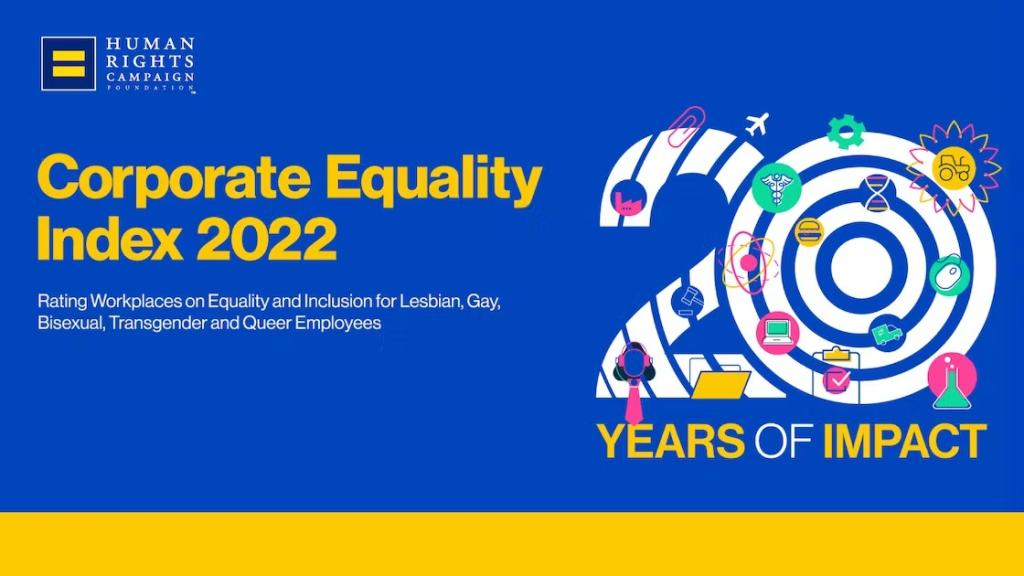Executives at companies like Nike, Anheuser-Busch and Kate Spade, whose brand endorsements have turned controversial trans influencer Dylan Mulvaney into today’s woke “It girl,” aren’t just virtue signaling.
They’re handing out lucrative deals to what were once considered fringe celebrities because they have to — or risk failing an all-important social credit score that could make or break their businesses.
At stake is their Corporate Equality Index — or CEI — score, which is overseen by the Human Rights Campaign, the largest LGBTQ+ political lobbying group in the world.
HRC, which has received millions from George Soros’ Open Society Foundation among others, issues report cards for America’s biggest corporations via the CEI: awarding or subtracting points for how well companies adhere to what HRC calls its “rating criteria.”
Businesses that attain the maximum 100 total points earn the coveted title “Best Place To Work For LGBTQ Equality.” Fifteen of the top 20 Fortune-ranked companies received 100% ratings last year, according to HRC data.
More than 840 US companies racked up high CEI scores, according to the latest report.
The HRC, which was formed in 1980 and started the CEI in 2002, is led by Kelley Robinson who was named as president in 2022 and worked as a political organizer for Barack Obama’s 2008 presidential campaign.
The HRC lists five major rating criteria, each with its own lengthy subsets, for companies to gain — or lose — CEI points.
The main categories are: “Workforce Protections,” “Inclusive Benefits,” “Supporting an Inclusive Culture,” “Corporate Social Responsibility and Responsible Citizenship.”
A company can lose CEI points if it doesn’t fulfill HRC’s demand for “integration of intersectionality in professional development, skills-based or other training” or if it doesn’t use a “supplier diversity program with demonstrated effort to include certified LGBTQ+ suppliers.”
James Lindsay, a political podcaster who runs a site called New Discourses, told The Post that the Human Rights campaign administers the CEI ranking “like an extortion racket, like the Mafia.
It doesn’t just sit back passively either. HRC sends representatives to corporations every year telling them what kind of stuff they have to make visible at the company. They give them a list of demands and if they don’t follow through there’s a threat that you won’t keep your CEI score.”
The CEI is a lesser-known part of the burgeoning ESG (Environmental, Social and Corporate Governance) “ethical investing” movement increasingly pushed by the country’s top three investment firms. ESG funds invest in companies that oppose fossil fuels, push for unionization, and stress racial and gender equity over merit in hiring and board selection.
As a result, some American CEOs are more concerned about pleasing BlackRock, Vanguard and State Street Bank — who are among the top shareholders of most American publicly-traded corporations (including Nike, Anheuser-Busch and Kate Spade) — than they are about irritating conservatives, numerous sources told The Post.
This week, Mulvaney’s new ad campaigns with Bud Light and Nike ruffled the feathers of critics from country star Travis Tritt and Kid Rock — who tweeted a video of himself shooting cases of Bud Light — to female Olympians and even Caitlyn Jenner, who said of Nike: “It is a shame to see such an iconic American company go so woke! … This is an outrage.”
Mulvaney, 26, who transitioned from male to female in the beginning of March 2021, has reportedly earned more than a million dollars from endorsements including fashion and beauty brands that also include Ulta Beauty, Haus Labs and CeraVe, as well as Crest and InstaCart.
She’s also gained 10 million followers on TikTok.
But neither Kid Rock nor even Mulvaney are who America’s top execs are trying to impress, experts say.
“The big fund managers like BlackRock all embrace this ESG orthodoxy in how they apply pressure to top corporate management teams and boards and they determine, in many cases, executive compensation and bonuses and who gets re-elected or re-appointed to boards,” entrepreneur Vivek Ramaswamy, who is running for president as a Republican and authored “Woke Inc.: Inside America’s Social Justice Scam,” told The Post. “They can make it very difficult for you if you don’t abide by their agendas.”
In 2018, BlackRock CEO Larry Fink, who oversees assets worth $8.6 trillion and has been called the “face of ESG,” wrote a now-infamous letter to CEOs titled “A Sense of Purpose” that pushed a “new model of governance” in line with ESG values.
“Society is demanding that companies, both public and private, serve a social purpose,” Fink wrote. “To prosper over time, every company must not only deliver financial performance, but also show how it makes a positive contribution to society.”
Fink also let it be known “that if a company doesn’t engage with the community and have a sense of purpose “it will ultimately lose the license to operate from key stakeholders.”
In December, Florida pulled $2 billion worth of state assets managed by BlackRock. “I think it’s undemocratic of major asset managers to use their power to influence societal outcomes,” Gov. Ron DeSantis said at the time.
Fink has denied that ESG is political, but key staff managing his ESG operations worked in the Obama administration and donate to Sens. Elizabeth Warren and Bernie Sanders.
In his first veto, President Joe Biden last month rejected a GOP-backed bill that sought to block ESG investing — especially in pension funds where, critics say, American retirement funds will be sacrificed to a radical left-wing agenda.
Protesters in Paris targeted BlackRock’s office there this week due to the company’s role in managing and privatizing pensions, which are at the heart of the French government’s recent retirement-age reforms.
ESG and CEI proponents say that adhering to socially conscious values when investing and managing a company will make the world a better place. Not everyone agrees.
Derek Kreifels is the co-founder and CEO of State Financial Officers Foundation, one of several financial officers fighting ESG on a national level.
He calls ESG itself a “highly subjective political score infiltrating all walks of life, forcing progressive policies on everyday Americans [and] resulting in higher prices at the pump and at the store.”
The Corporate Equality Index is an ominous cog in ESG’s wheel, Kreifels told The Post.
“The problem with measures like CEI, and its big brother ESG, is that it introduces an incentive structure outside of the bounds of business, often in ways contradictory to fiduciary duty,” Kreifels said. “Whether Anheuser-Busch was trying to cash in on Dylan Mulvaney’s TikTok following or chasing higher CEI ratings for inclusivity, the backlash has been significant, and the stockholders to whom the company is obligated will feel the pinch.”









